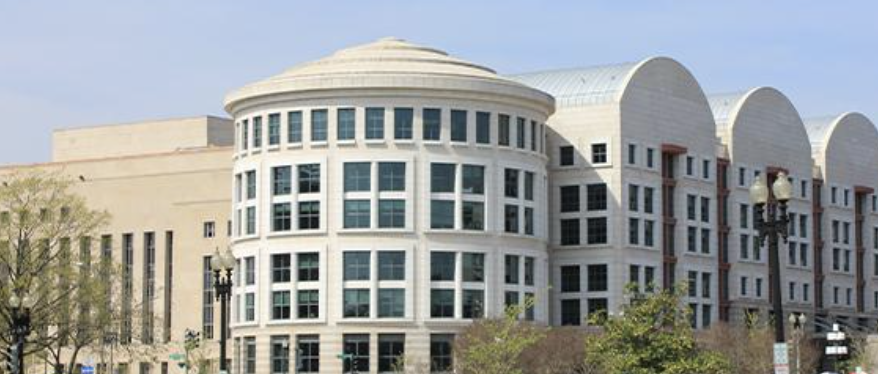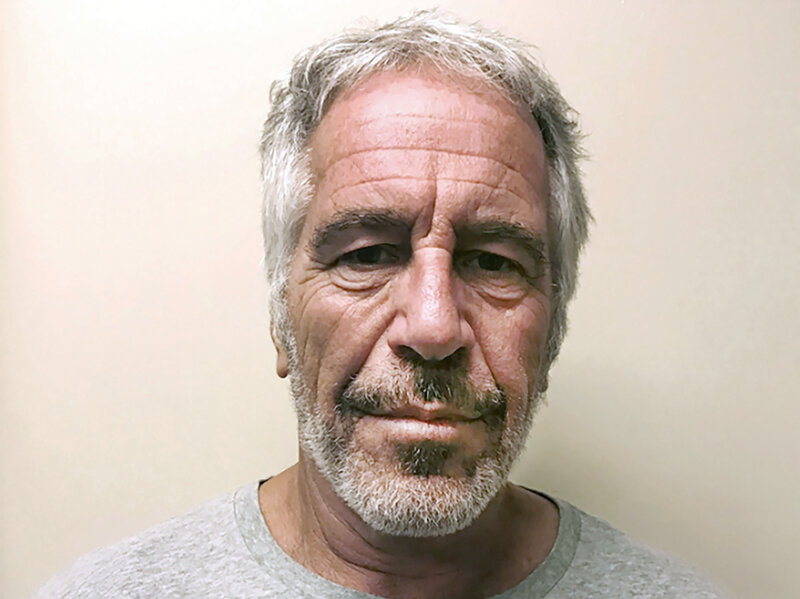
There was an uproar when it was revealed that Umar Farouk Abdulmutallab, the so-called Christmas Day bomber, was read his Miranda rights. The hysterical reaction obscured a real dilemma for law enforcement: how to obtain what could be vital information about terrorist plots without denying suspects their legal rights. Atty. Gen. Eric H. Holder Jr. and the FBI have produced guidelines that adroitly balance the two interests.
Issued Oct. 21 but made public only recently, the guidelines will not please those conservatives who insist that suspected terrorists shouldn’t be Mirandized at all. But they strike us as reasonable and, equally important, useful in heading off efforts in Congress to weaken Miranda.
The guidelines say that if applicable, “agents should ask any and all questions that are reasonably prompted by an immediate concern for the safety of the public or the arresting agents without advising the arrestee of his Miranda rights.” This advice is consistent with a 1984 Supreme Court decision making an exception from the Miranda requirement for questioning motivated by a concern for public safety.
Next, the guidelines say that after public safety concerns have been resolved, agents should promptly Mirandize a suspect. But there are exceptions: situations in which, “although all relevant public safety questions have been asked, agents nonetheless conclude that continued unwarned interrogation is necessary to collect valuable and timely intelligence not related to any immediate threat, and that the government’s interest in obtaining this intelligence outweighs the disadvantages of proceeding with unwarned interrogation.” This provision pushes the public safety exception to its limit, but it’s defensible.
To read more click here.





